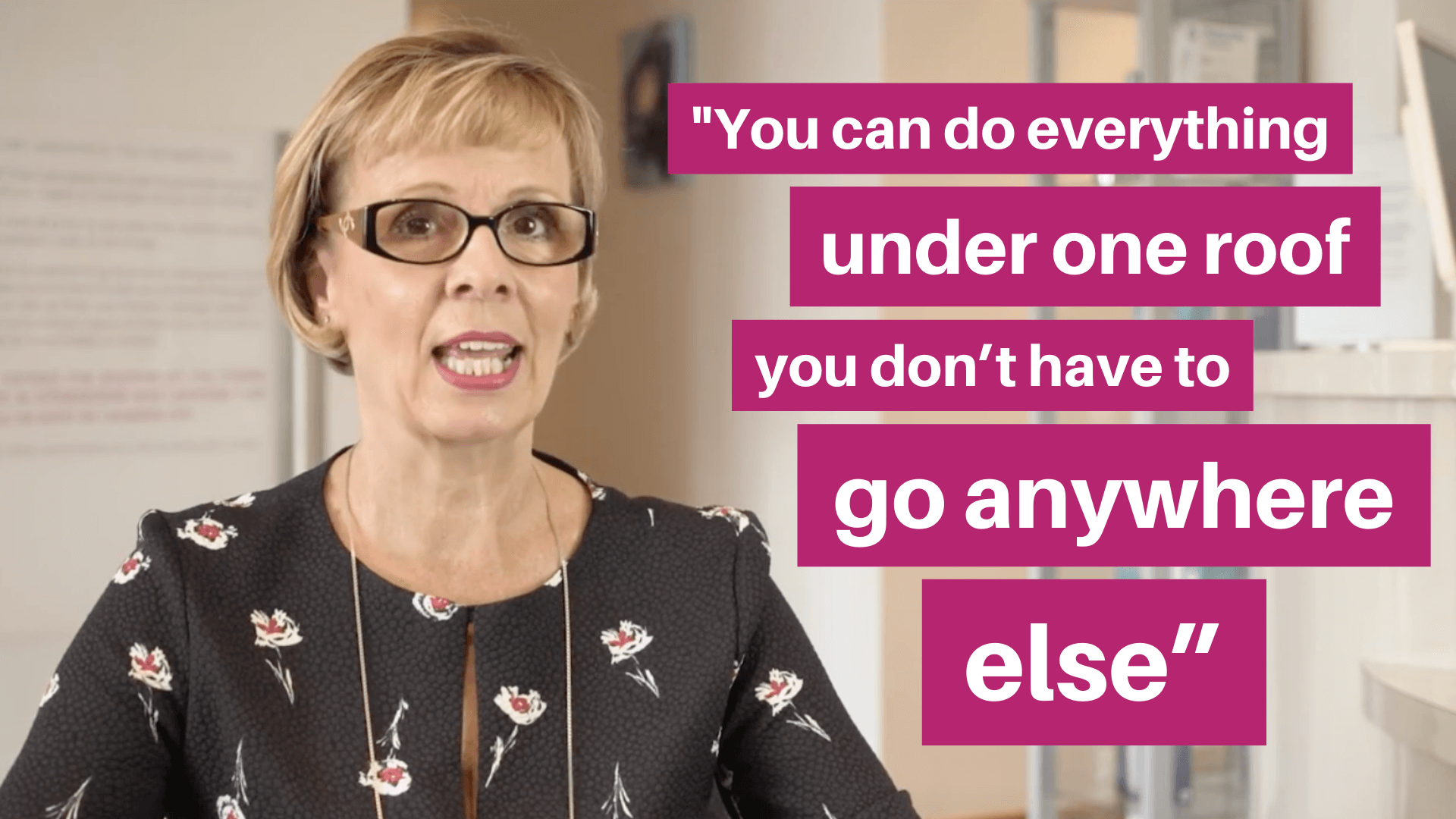Dental implants are as close as possible to get to natural teeth look, feel, and function. We provide 3 levels of pricing for dental implant treatment enabling you to restore your smile, now and in the future.
If you have lost a single tooth, then a dental implant is often the best solution to replace it.
The results look and feel natural, restoring the strength and function of a natural tooth.
If you have lost all your natural teeth, you no longer have to face a lifetime of wearing dentures.
Life-changing dentistry, all in a day! At The Campbell Clinic, we specialise in providing transformative, Immediate Full Arch Dental Implant treatments, offering a fantastic solution for those seeking simultaneous replacement of all their teeth. Explore the options available when replacing a full arch of teeth.

A dental implant is essentially a screw that is very carefully inserted into a patient's jaw to allow connection to an artificial tooth/denture. The vast majority of dental implants are metal (titanium) which is a similar technology to artificial hips and knees. To find out more, visit our Patient's Guide to Dental Implants.
If suitable for dental implant treatment, the benefits can be huge. The ability to have a replacement of an individual tooth without wearing a denture can be massive for patients. The longevity of implants, if provided properly and looked after properly, is generally likely to outweigh the longevity of any type of dental restoration. Some of the key benefits include:
Hear what our patients have to say...
Your Dental Implant Questions Answered
The placement of a dental implant is a surgical procedure that falls within the discipline of oral surgery. As with all surgical procedures, there can be some minor pain and discomfort associated with the surgery, which is generally well controlled with pain relief and the appropriate reassuring advice. It is carried out under anaesthetic, and sedation can be used for nervous patients. Although patients can become bruised and swollen following implant treatment, with the proper advice, instructions and excellent support from the clinical team after the procedure, these are generally straight forward procedures to undertake with excellent long-term results.
Where dental implant treatment is appropriate for an individual patient following a full clinician assessment, multiple options exist. Dental implants can be used to support single teeth (single implant crowns) or to support multiple teeth (dental implant bridges). It is rarely, if ever necessary, to replace individual teeth with individual implants. Dental implants can also be used to support or retain dentures using different designs including press studs and custom designed bar restorations. It is also possible, in well assessed cases to provide immediate dental implant placement for replacement of individual teeth on the same day. This is most safely done for replacing all the teeth in one or two jars at the same time.
The time required for individual treatment plans relates to the individual patient and is assessed fully with a full clinical assessment. In some cases, teeth can be extracted, implants can be placed and a restoration can be placed on the same day. This has to be very carefully assessed and the risks and benefits discussed carefully with each individual patient.
This is not suitable for all cases.
Sometimes, a crown is placed on top of a healed dental implant as short as 6-8 weeks after surgery, but in other cases and individual circumstances, this can be up to 3 months.
The best way to assess your suitability for implant treatment is to discuss this with a well-qualified and experienced team. This can be discussed with a treatment coordinator in the first instance, but a full clinical assessment, taking into consideration your oral/dental health and overall medical health, together with your personal circumstances, is required to decide whether you’re suitable for treatment. Suitability for treatment then becomes a discussion between your clinician and yourself to assess the risks and benefits of the treatment overall.
It is rarely necessary in larger cases to place a single dental implant for each individual tooth. The number of implants required can be discussed with your clinician as all treatment should be an open and honest discussion between patient and clinician, discussing the risks and benefits associated.
If you live in or near Nottingham and are interested in dental implants, we can help by assessing your suitability for treatment and running you through the procedure in more detail. You can arrange your consultation here.